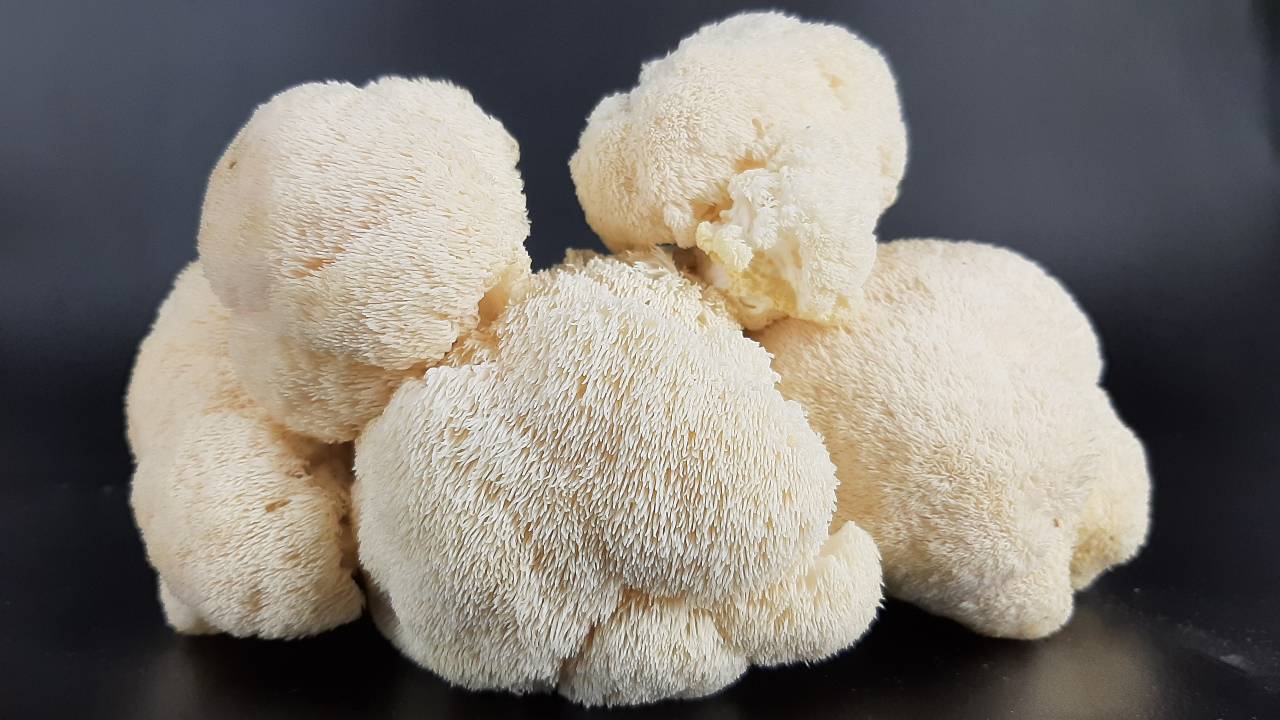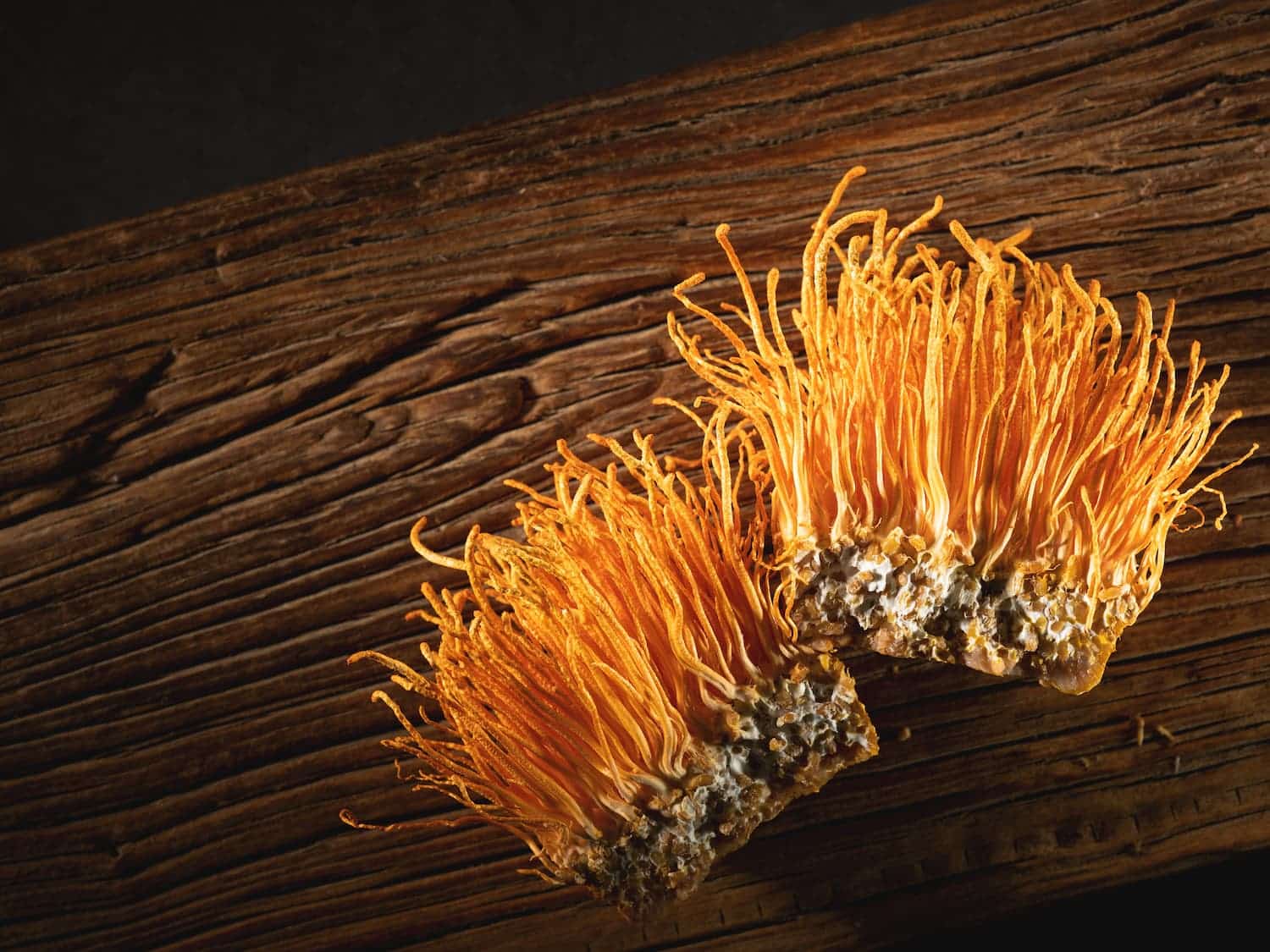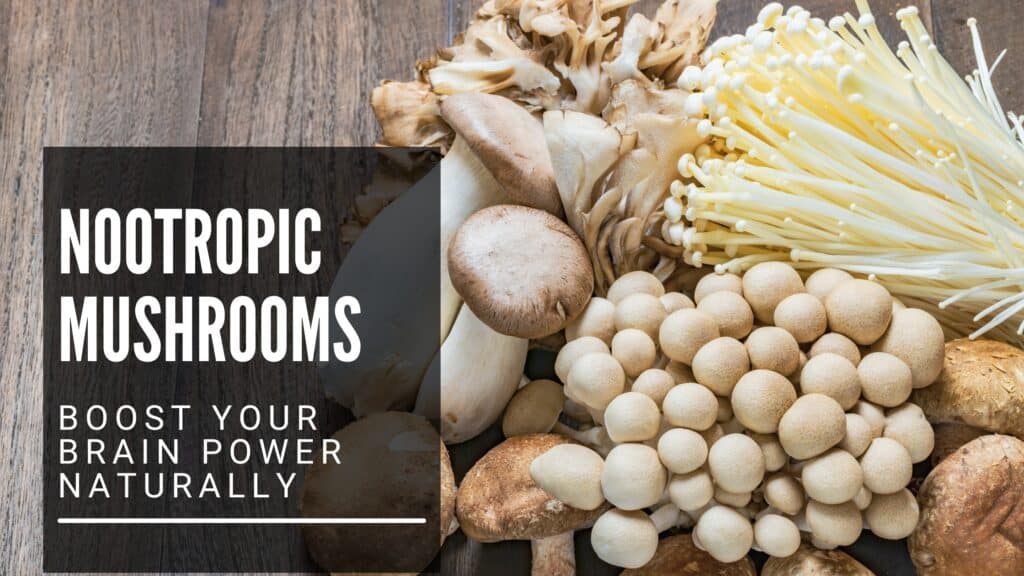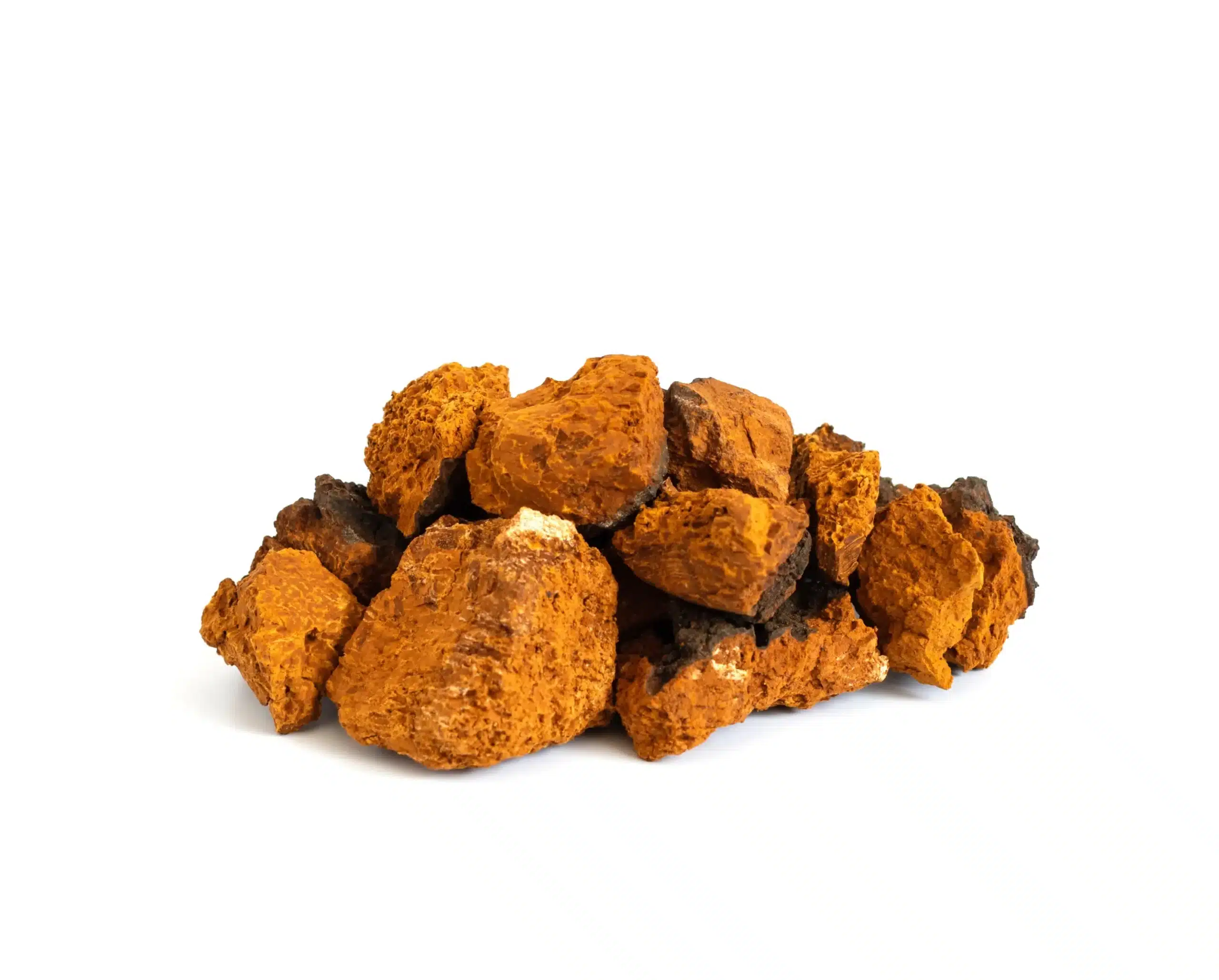Nootropic mushrooms are making waves in the wellness world for their incredible brain-boosting benefits. These fungi, celebrated for their ability to enhance cognitive functions, are becoming a favorite among those looking to improve their mental clarity and overall health. From boosting memory and focus to supporting immune health, nootropic mushrooms offer a natural way to enhance your daily routine.
In this article, we’ll explore what nootropic mushrooms are, dive into the most popular types, and show you how to incorporate them into your life for maximum benefit. Get ready to discover the power of these remarkable mushrooms and how they can help you achieve better mental clarity and overall wellness.
Quick Summary
- Nootropic mushrooms: Enhance brain function, memory, and focus.
- Key types: Lion’s Mane, Reishi, Cordyceps, and Chaga.
- Benefits: Cognitive enhancement, stress reduction, immune support.
- Usage: Supplements, dietary incorporation, recipes.
- Why try them: Natural cognitive support with multiple health benefits.
What Are Nootropic Mushrooms?
Nootropic mushrooms, also known as smart mushrooms, are a special category of fungi recognized for their potential to enhance brain function. These mushrooms are packed with bioactive compounds that can improve cognitive abilities, memory, focus, and overall brain health. They have been used in traditional medicine for centuries and are now gaining traction in modern wellness communities.
Key Characteristics of Nootropic Mushrooms
Rich in Antioxidants
Nootropic mushrooms are abundant in antioxidants, which play a crucial role in protecting brain cells from oxidative stress. Oxidative stress is a condition that arises when there is an imbalance between free radicals and antioxidants in the body, leading to cell damage. Antioxidants in these mushrooms help neutralize free radicals, thereby preventing cell damage and promoting brain health.
Contain Bioactive Compounds Like Beta-Glucans
One of the defining features of nootropic mushrooms is their high content of bioactive compounds, particularly beta-glucans. Beta-glucans are polysaccharides known for their immune-boosting properties. They enhance the body’s immune response, helping to protect against various diseases. Additionally, these compounds contribute to improved brain function by promoting neurogenesis and synaptic plasticity.
Support Immune Function
The immune-boosting properties of nootropic mushrooms are well-documented. These mushrooms contain compounds that modulate the immune system, enhancing its ability to fight off infections and diseases. A strong immune system is crucial for maintaining overall health, including brain health. Chronic inflammation and infections can adversely affect cognitive function, and by supporting immune function, nootropic mushrooms help maintain optimal brain health.
Improve Neuroplasticity
Neuroplasticity, the brain’s ability to reorganize itself by forming new neural connections, is vital for learning, memory, and overall cognitive function. Nootropic mushrooms have been shown to improve neuroplasticity, making the brain more adaptable and resilient. This property is particularly beneficial for aging individuals, as it helps counteract the natural decline in cognitive abilities that comes with age.
Popular Types of Nootropic Mushrooms
Nootropic mushrooms come in various types, each with unique compounds and benefits that support cognitive function and overall brain health. This section delves deeper into some of the most popular nootropic mushrooms, highlighting their specific benefits, key compounds, and supporting scientific studies.
Lion’s Mane (Hericium erinaceus)

Benefits of Lion’s Mane
Lion’s Mane is renowned for its ability to enhance memory, focus, and overall cognitive function. It has been used traditionally in Asian medicine for its neuroprotective properties and is now gaining attention in the West for its potential to improve mental clarity and cognitive performance.
Key Compounds: Hericenones and Erinacines
The primary bioactive compounds in Lion’s Mane are hericenones and erinacines. These compounds stimulate the production of nerve growth factor (NGF), which is crucial for the growth, maintenance, and survival of neurons. By promoting NGF synthesis, Lion’s Mane supports neuroplasticity and overall brain health.
Scientific Studies
Research published in the International Journal of Medicinal Mushrooms found that Lion’s Mane significantly improved cognitive function in older adults with mild cognitive impairment. The study concluded that daily intake of Lion’s Mane could enhance brain function without any adverse effects.
Reishi (Ganoderma lucidum)
Benefits of Reishi
Reishi mushrooms are well-known for their ability to reduce stress, improve sleep quality, and support immune function. These benefits indirectly support cognitive function by promoting overall mental and physical well-being.
Key Compounds: Triterpenoids and Polysaccharides
Reishi contains triterpenoids and polysaccharides, compounds that have been shown to possess anti-inflammatory, antioxidant, and neuroprotective properties. These compounds help protect brain cells from oxidative stress and inflammation, which are linked to cognitive decline.
Scientific Studies
A study in the Journal of Ethnopharmacology reported that Reishi extracts reduced the impact of oxidative stress and inflammation on brain cells, thereby supporting overall brain health. Another study indicated that Reishi could improve the quality of life by enhancing sleep and reducing fatigue.
Cordyceps (Cordyceps militaris)

Benefits of Cordyceps
Cordyceps is celebrated for its ability to boost energy, enhance athletic performance, and support brain health. It is particularly popular among athletes and individuals looking to improve their physical and mental endurance.
Key Compounds: Cordycepin and Adenosine
Cordyceps contains cordycepin and adenosine, compounds that enhance oxygen utilization and ATP production. These compounds help increase energy levels and improve overall physical and mental performance.
Scientific Studies
Research published in the Journal of Alternative and Complementary Medicine highlighted Cordyceps’ role in enhancing physical endurance and cognitive performance in healthy adults. The study found that Cordyceps supplementation improved exercise performance and reduced fatigue.
Chaga (Inonotus obliquus)
Benefits of Chaga
Chaga mushrooms are rich in antioxidants, support immune function, and may improve cognitive function. They have been used traditionally to enhance overall health and vitality and are now recognized for their potential cognitive benefits.
Key Compounds: Betulinic Acid and Melanin
The primary bioactive compounds in Chaga include betulinic acid and melanin. Betulinic acid has anti-inflammatory and antioxidant properties, while melanin provides additional antioxidant protection.
Scientific Studies
A study published in Phytotherapy Research found that Chaga extracts exhibited strong antioxidant activity, which helped protect brain cells from oxidative damage. Another study indicated that Chaga could support immune function, indirectly benefiting brain health by reducing inflammation.
How to Use Nootropic Mushrooms
Incorporating nootropic mushrooms into your daily routine can be achieved through various methods, each offering unique benefits. This section explores the different ways to use nootropic mushrooms, delving into the specifics of supplements, dietary incorporation, and recipes.
Supplements
Types of Nootropic Mushroom Supplements
Nootropic mushroom supplements are available in several forms, including capsules, powders, and extracts. Each form has its advantages, depending on individual preferences and lifestyles.
- Capsules: These are convenient for those who prefer a quick and easy way to consume nootropic mushrooms. Capsules typically contain concentrated extracts of mushrooms like Lion’s Mane, Reishi, Cordyceps, and Chaga.
- Powders: Mushroom powders can be mixed into beverages or foods, providing flexibility in how they are consumed. They are ideal for individuals who enjoy smoothies, coffees, or teas.
- Extracts: Liquid extracts are another potent form of nootropic mushroom supplements. These are highly concentrated and can be added to various drinks or taken directly.
Benefits of Supplements
Using supplements ensures a consistent and potent dosage of the active compounds found in nootropic mushrooms. They are standardized to contain specific amounts of bioactive compounds, ensuring you receive the intended benefits.
Scientific Studies
A study published in the Journal of Dietary Supplements highlighted the efficacy of mushroom supplements in enhancing cognitive function and overall well-being. The research indicated that regular consumption of these supplements could improve mental clarity and support brain health.
Dietary Incorporation
Adding Nootropic Mushrooms to Your Diet
Incorporating nootropic mushrooms into your diet is a natural way to enjoy their benefits. This method allows you to consume these mushrooms as part of your regular meals, making it easier to integrate them into your lifestyle.
- Teas: Nootropic mushroom teas are a popular way to consume these fungi. Lion’s Mane and Reishi teas are particularly favored for their cognitive and calming effects.
- Coffees: Mushroom coffee blends are gaining popularity for their ability to enhance focus and energy without the jitters associated with regular coffee. Cordyceps and Chaga are often included in these blends.
- Smoothies: Adding mushroom powders to smoothies is an excellent way to mask their taste while reaping the benefits. This method is perfect for those who enjoy a nutritious and delicious start to their day.
Benefits of Dietary Incorporation
Consuming nootropic mushrooms as part of your diet allows for a more holistic approach to health. It provides the additional nutritional benefits of the foods and beverages they are mixed with, enhancing overall wellness.
Scientific Studies
Research in the Journal of Functional Foods has shown that dietary incorporation of nootropic mushrooms can improve cognitive function and reduce stress. The study found that participants who included these mushrooms in their diets experienced significant improvements in memory and mental clarity.
Conclusion
Nootropic mushrooms are a fantastic addition to any wellness routine, offering numerous benefits for your brain and overall health. These powerful fungi can help boost memory, improve focus, reduce stress, and support your immune system. Whether you choose to take them as supplements, incorporate them into your meals, or enjoy them in a soothing tea or coffee, nootropic mushrooms provide a natural and effective way to enhance your mental clarity and well-being.
So, if you’re looking for a way to support your brain health and improve your cognitive functions naturally, give nootropic mushrooms a try. With their unique compounds and proven benefits, they might just be the brain-boosting ally you’ve been searching for.
References
- Alhallaf, Weaam, and Lewis B. Perkins. “The Anti-Inflammatory Properties of Chaga Extracts Obtained by Different Extraction Methods against LPS-Induced RAW 264.7.” Molecules, vol. 27, no. 13, 30 June 2022, p. 4207, www.ncbi.nlm.nih.gov/pmc/articles/PMC9268247/, https://doi.org/10.3390/molecules27134207.
- Cha, Sara, et al. “The Relationship between Mushroom Intake and Cognitive Performance: An Epidemiological Study in the European Investigation of Cancer-Norfolk Cohort (EPIC-Norfolk).” Nutrients, vol. 16, no. 3, 25 Jan. 2024, p. 353, pubmed.ncbi.nlm.nih.gov/38337638/, https://doi.org/10.3390/nu16030353. Accessed 26 Apr. 2024.
- Docherty, Sarah, et al. “The Acute and Chronic Effects of Lion’s Mane Mushroom Supplementation on Cognitive Function, Stress and Mood in Young Adults: A Double-Blind, Parallel Groups, Pilot Study.” Nutrients, vol. 15, no. 22, 20 Nov. 2023, pp. 4842–4842, https://doi.org/10.3390/nu15224842.
- Geng, Ping, et al. “Antifatigue Functions and Mechanisms of Edible and Medicinal Mushrooms.” BioMed Research International, vol. 2017, 2017, www.ncbi.nlm.nih.gov/pmc/articles/PMC5584359/, https://doi.org/10.1155/2017/9648496.
- Hirsch, Katie R., et al. “Cordyceps MilitarisImproves Tolerance to High-Intensity Exercise after Acute and Chronic Supplementation.” Journal of Dietary Supplements, vol. 14, no. 1, 13 July 2016, pp. 42–53, https://doi.org/10.1080/19390211.2016.1203386.



